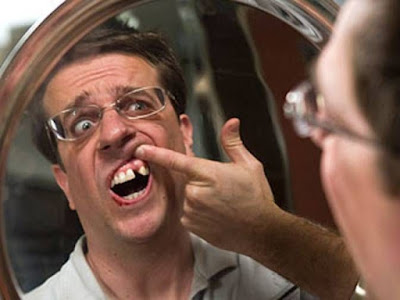Some vital questions about root canal treatment
Root canal treatment is a common dental process that is not often well clarified by dentists. There is a sizeable diversity of opinions that countless dentists have who carry out this treatment when it is not completely compulsory.
What is a root canal?
A root canal is a funnel-shaped channel awash with soft tissue that runs from the surface of a tooth down via the tooth itself and into the root. Both root stems possess a root canal. The canal is where the chief nerve tissue in the tooth is found.
Why does it necessitate treatment?
The root canal treatment in South Delhi is usually carried out when a tooth displays some level of decay or septicity. The process is designed to avert further decay or spread of septicity that might result in complete loss of the tooth. The soft tissue is totally removed from the canals and substituted with artificial cement.
What happens in root canal treatment?
Since the soft tissue in the canal contains the nerve tissue, the procedure will require the administration of an anesthetic. This is usually a local anesthetic that will numb the tooth and nearby regions. Once the anesthetic has taken hold, the dentist will drill down through the tooth, confiscating rotting or infested tissue. Where the canal tapers in the actual root stem, the dentist at the best dental clinic in South Delhi will use a manual device to remove all the soft tissue. The space left by the removed tissue is packed with rubbery cement. To warrant that no air pockets remain in the canal, the dentist will take an x-ray of the treated tooth. If an air pocket is found, the dentist will have to take out the cement and restock the canal. This portion of the process might have to be repeated numerous times. When the dentist is gratified that there are no air pockets, the hole is closed enduringly and the residual cavity in the upper portion of the tooth is filled.
Is the treatment painful?
Root canal treatment has a bad repute as being an unfriendly treatment for some reason. The process is only executed under anesthesia and, in majority of circumstances, is no different to having a filling done. In some situations, the patient might feel some sensation as the treatment encompasses confiscating the nerve endings and some patients will experience temperate pain for a day or two after the procedure.
Is there an alternative to the treatment?
The vast majority of dentists would claim that there categorically is no alternative. In cases where the infection is the problem, some dentists believe that endeavoring to treat the infection with antibiotics is favored. The case against this methodology is that if the antibiotic treatment does not work, it might be too late to save the tooth with root canal treatment in South Delhi. The main reason for carrying out the process is that, before a new method of antibiotic administration that might lead to a diverse approach, there was no way to straightaway target the infested region.



Comments
Post a Comment